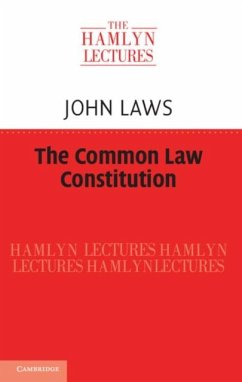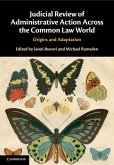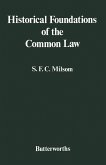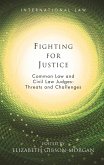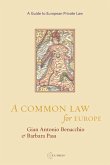For the 2013 Hamlyn Lectures, Sir John Laws explored the constitutional balance between law and government in the United Kingdom. He argues that the unifying principle of the constitution is the common law and that its distinctive method has endowed the British State with profoundly beneficial effects, before examining two contemporary threats to the constitutional balance: extremism and the effect of Europe-made laws on the domestic English system.
Dieser Download kann aus rechtlichen Gründen nur mit Rechnungsadresse in A, B, BG, CY, CZ, D, DK, EW, E, FIN, F, GR, HR, H, IRL, I, LT, L, LR, M, NL, PL, P, R, S, SLO, SK ausgeliefert werden.

